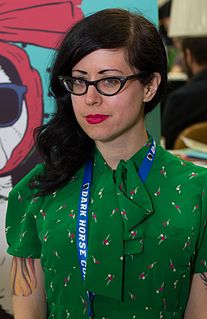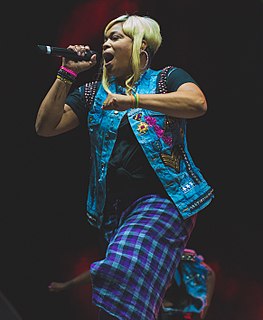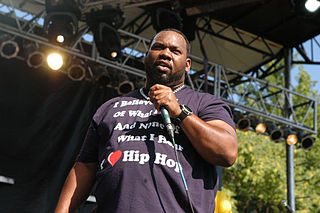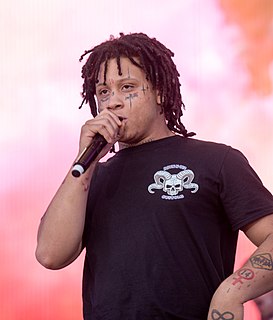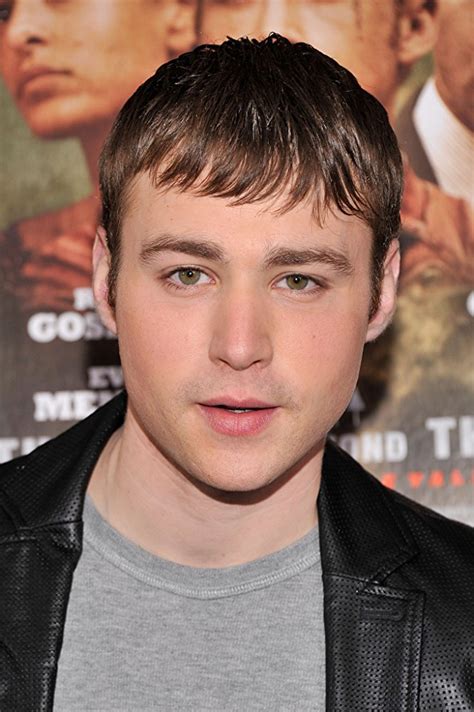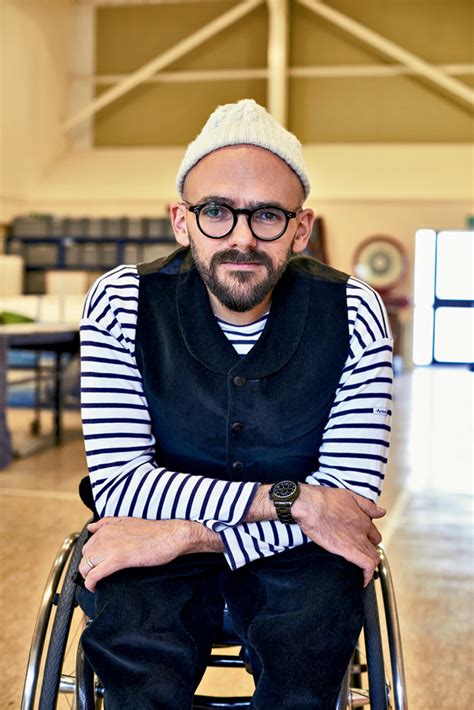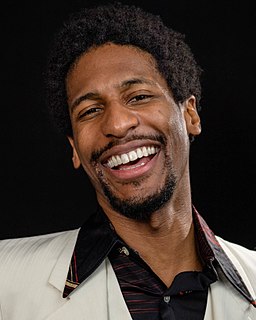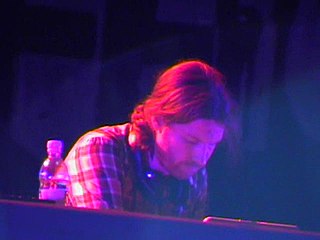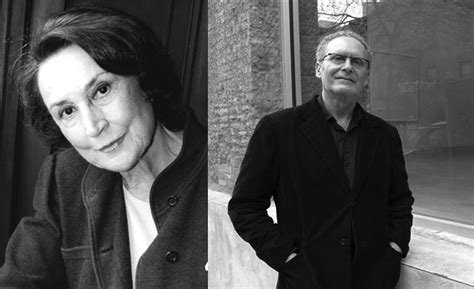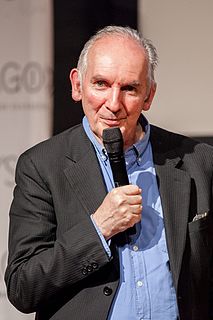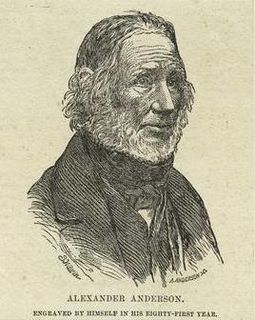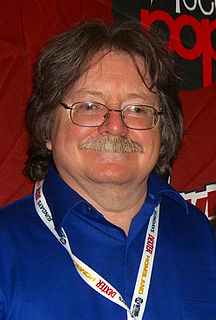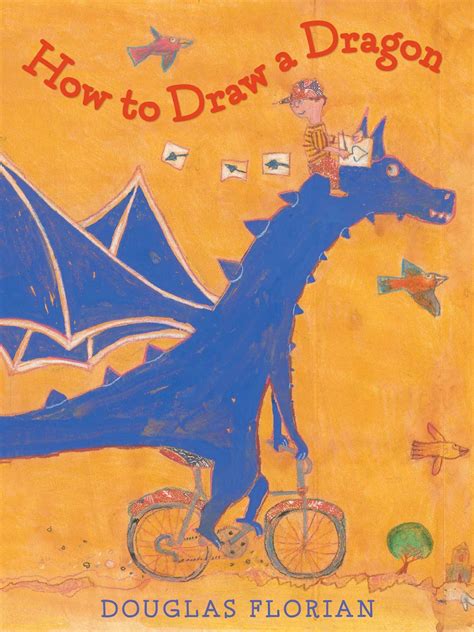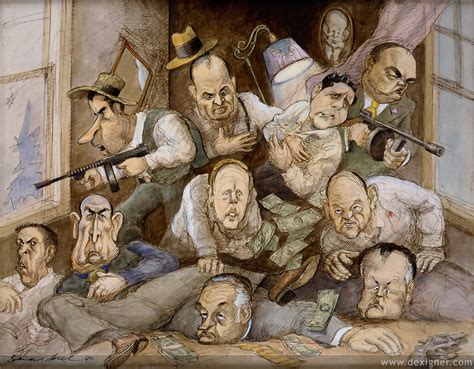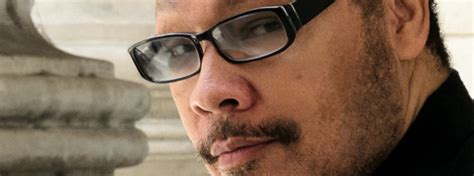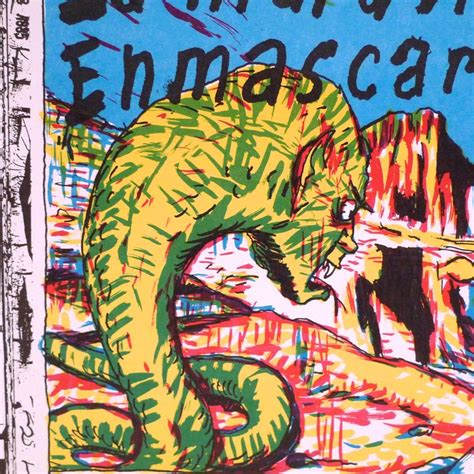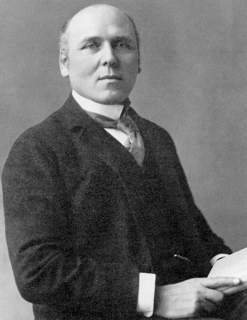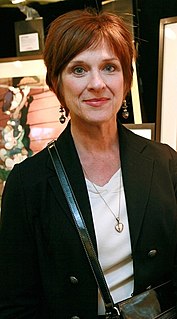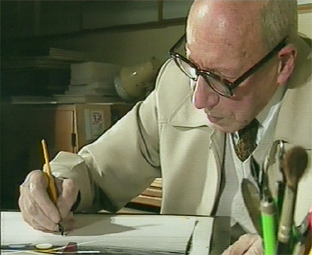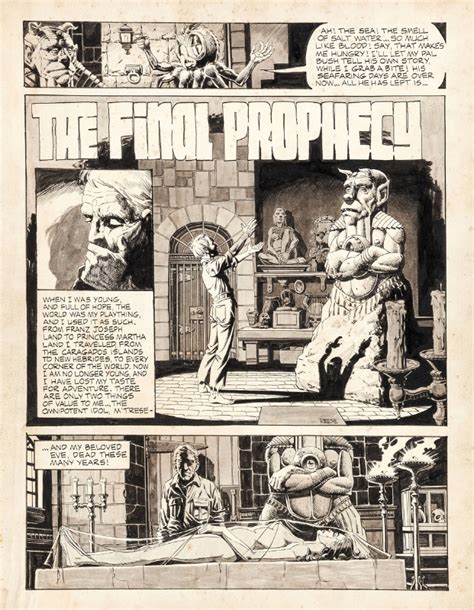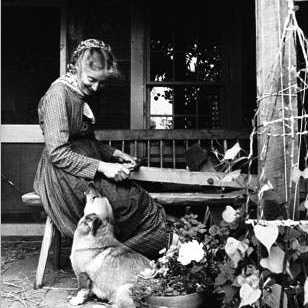A Quote by Nicole Georges
A lot of young artists in particular think you can just do one great thing and then sit back and collect checks. Most artists, even people like Dan Clowes, who's one of my heroes, don't just do comics. He does paid illustration. He writes screenplays, and so forth, working and selling lots of different things.
Related Quotes
Before I think we was emcees, we was more or less narrators too. Because if you look at the early '80s hip hop, it was so much creativity goin' on with artists like then, like Slick Rick, then you had Rakim, and you had these different kind of artists back then. And we was a marble cake of all these artists. So I didn't have a problem with writin' stories because I felt like that was somethin' I loved to do. Even to this day, I really consider myself an entertainer-slash-narrator. I like to talk about stuff that goes on.
That's just like America. It's made up of lots of different people. We're all different colors, different ages, we do different jobs -- but it takes all of us black people, white people, brown people, men and women, young and old, working in the factories, working in the fields, working in offices, working in stores -- it takes a lot of different kinds of people to get the job done for America.
Ultimately, it comes down to taste. It comes down to trying to expose yourself to the best things that humans have done and then try to bring those things into what you're doing. Picasso had a saying: good artists copy, great artists steal. And we have always been shameless about stealing great ideas, and I think part of what made the Macintosh great was that the people working on it were musicians and poets and artists and zoologists and historians who also happened to be the best computer scientists in the world.
Just like in the art museum, and notions of beauty and pleasure, if the hero is always a white guy with a squared jaw or pretty woman with big breasts, then kids start thinking that's how it's supposed to be. Part of the problem was that black comic book artists were making super heroes with the same pattern as the white super heroes. When you read a lot of those comics, the black super heroes don't seem to have anything to do.
I think that watching artists, soulful artists, they get into it. It's always the way I perform, so when I'm on stage I just try to get into it - I'm in my own world. That's the whole thing about the stage, it's like a sacred place. They're [the audience] watching into the different world, right, so it's like you see performers and they're in the same room, so it's a different vibe. Sometimes it's great, but I try to separate it, you know, I wanna separate it 'cos otherwise I feel naked. It just feels natural.
Writing screenplays is very freeing from what you can do in comics in a lot of ways. You can change things around. I can take great delight in writing 40 pages, then just pressing delete and getting rid of it and not thinking about it ever again. Whereas in comics, if I had put that kind of effort into it, I couldn't go on.
In the world of comics, Jack Kirby and Will Eisner may have been more influential artists, but Joe Kubert was its most influential man. Even if he were to be remembered solely for his body of illustration work, he’d still be one of the greats, but by opening the Kubert School in 1976, he was able to personally mentor and educate literally thousands of successful artists who owe their careers to his teachings.
I always want to be doing both to travel as a teacher and lecturer, and to be a musician. I think in this generation institutionalizing the art form and spreading it to the younger generation through education is really important for all artists to have some hand in. Right now in popular culture and the mainstream, it's not a big part at all. I think education by young artists talking to young people, not just older people talking to young people, it gives an experience never felt before. I think over the years it will do a lot for the music.
What's happening in the larger world always influences art. When I first started the gallery in 1959, one of the first things I learned was that most people assume artists know one thing and one thing only - that they were idiot savants. I found very quickly that most artists were very informed and very aware of what was happening in the world around them. So all of those things go together, especially for earthworks. And at that time there was such an intense interest in American art. So there was a great deal of attention paid to where it was going.
